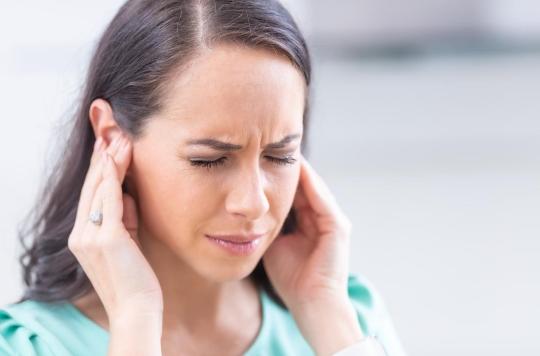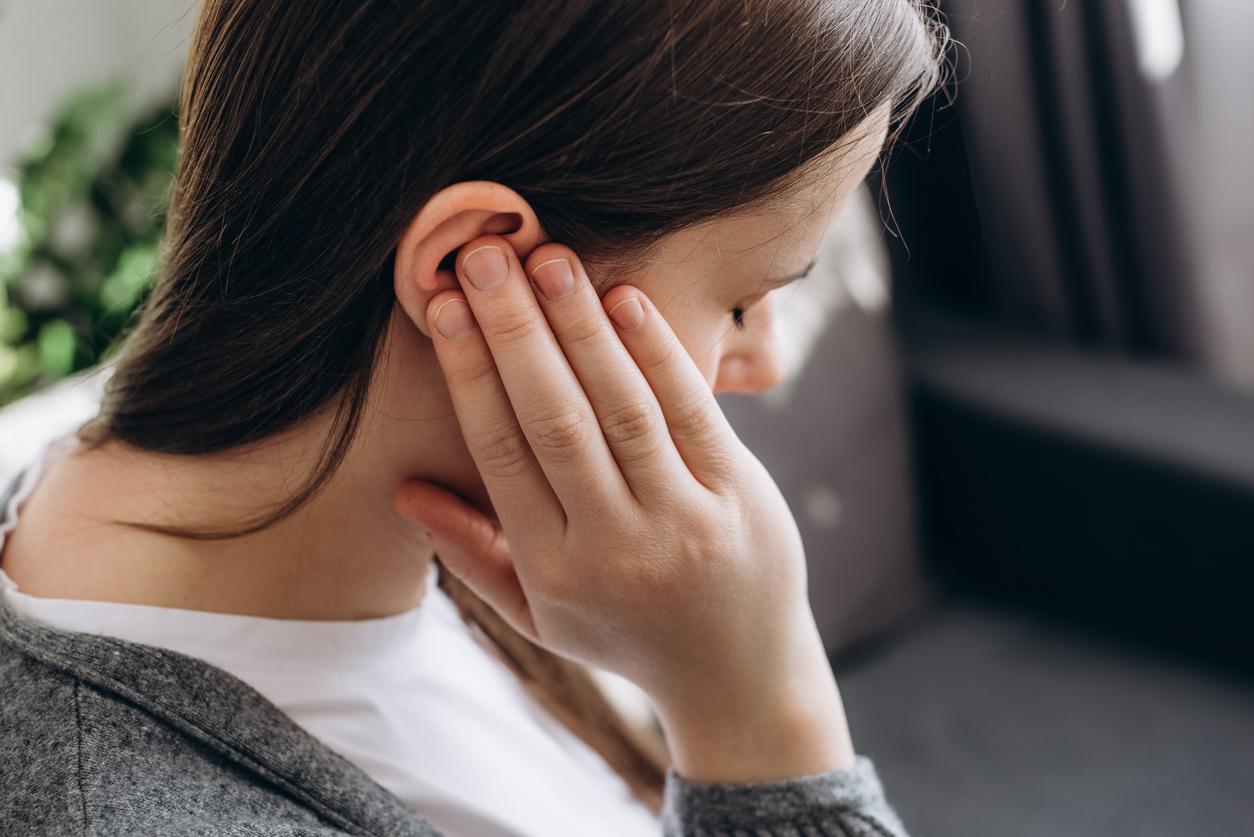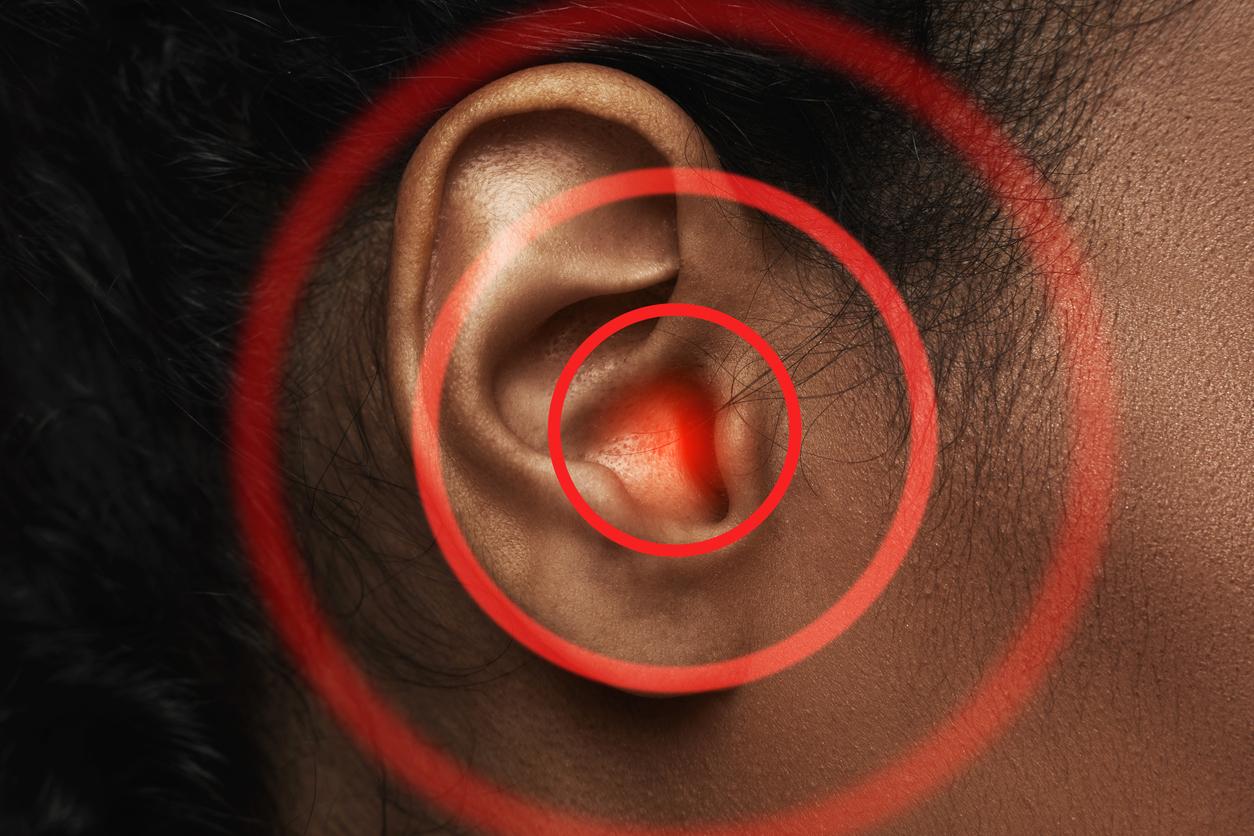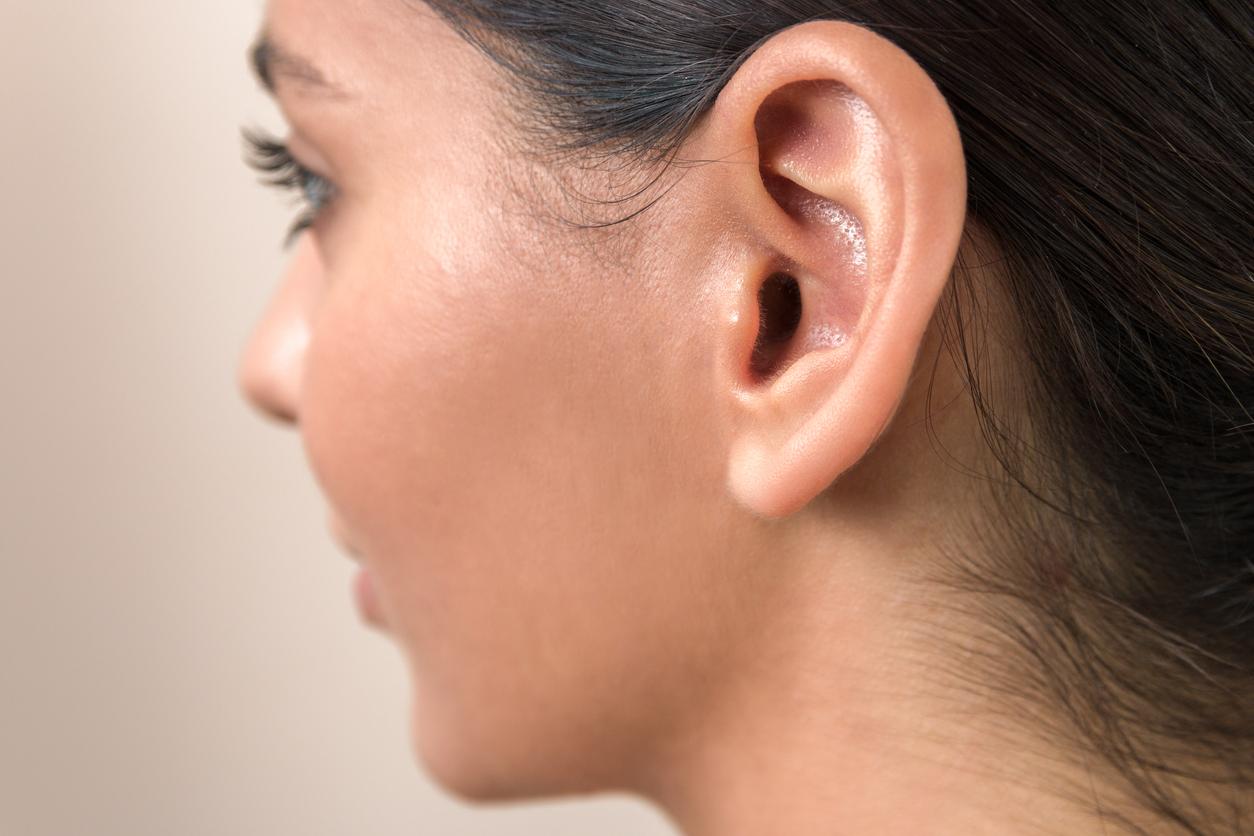American scientists have revealed that people who frequently take non-steroidal anti-inflammatory drugs (NSAIDs), in moderate doses, have a higher risk of developing tinnitus.

- In France, more than 8 million people suffer from tinnitus.
- These auditory sensations have an impact on the lives of patients, ranging from simple discomfort to severe disability. Tinnitus can cause difficulty falling asleep or concentrating, anxiety and depression.
Hissing, clicking, grinding, ringing, buzzing… These sounds are those perceived by patients suffering from tinnitus, namely noises they hear in one or both ears but which do not come from the outside world. These spontaneously generated sounds can be caused by repeated acoustic trauma, an abnormal loss of hearing linked to aging of the ear or a pathology that affects the auditory system (otitis, otosclerosis, etc.). In a recent study, American researchers revealed another possible cause of tinnitus. This is the frequent use of non-steroidal anti-inflammatory drugs (NSAIDs).
For requirements work published in the journal Journal of General Internal Medicine, the scientists followed, for more than 20 years, 69,455 women, who were between the ages of 31 and 48 and did not suffer from tinnitus at the start of the study. Their aim was to determine whether the current use of analgesics and non-steroidal anti-inflammatory drugs, at low to moderate doses, was associated with a risk of tinnitus. To do this, the participants had to complete a questionnaire about their use of these drugs and their hearing every two years.
A 20% increased risk of tinnitus
According to the results, 10,452 cases of tinnitus were reported during the research. The authors found that current use of non-steroidal anti-inflammatory drugs was associated with a 20% higher risk of auditory sensations that are not caused by outside noise. According to studies, frequent use of aspirin at very low doses does not increase the risk of developing tinnitus. In contrast, women under 60 who took this drug frequently, in moderate doses, were more likely to experience tinnitus.
“Our results suggest that users of non-steroidal anti-inflammatory drugs are at higher risk of developing tinnitus and may provide insight into risk factors for Difficult Disorder, but further research is needed.” concluded the researchers.
.

















